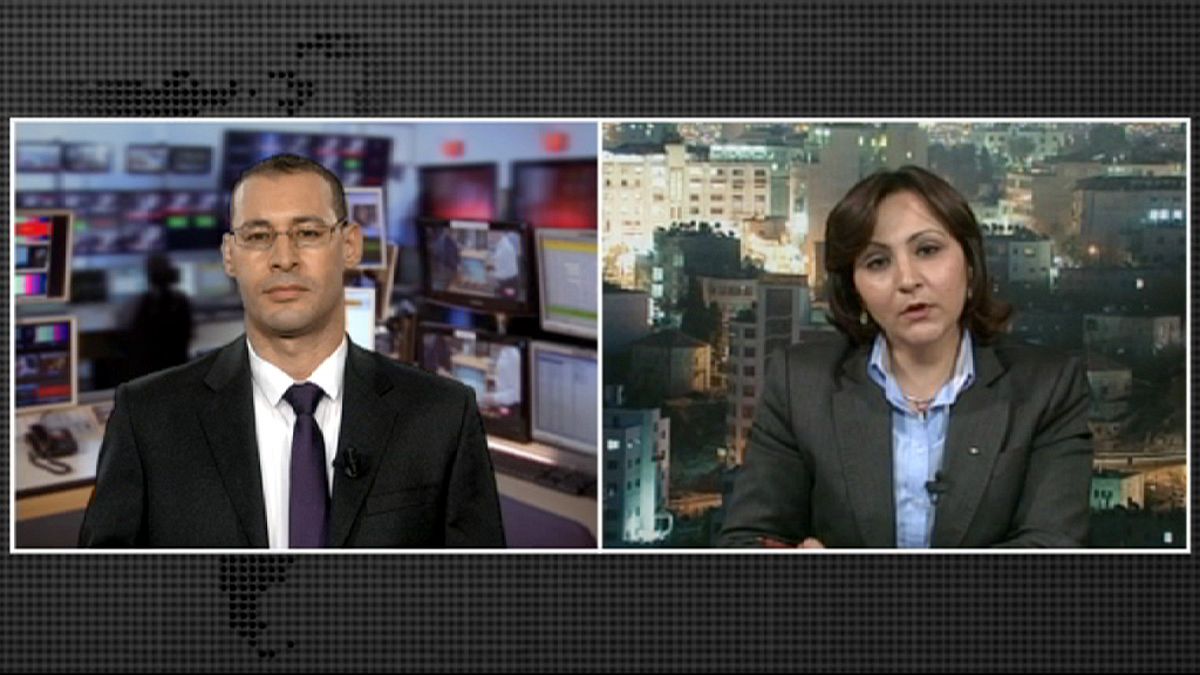More than 60 years after the homeland of the Palestinians was explosively redrawn by the foundation of the state of Israel, Palestine has finally been recognised as a state by the United Nations – albeit as a non-member.
The President of the Palestinian Authority, Mahmoud Abbas, the day before his people’s wish was realised by most of the nations of the earth, declared: “We are going to upgrade the status of Palestine to an observer state at the United Nations. This is the first step towards attaining our Palestinian rights – cemented in our national councils since 1994.”
Abbas made the same promise on the eighth anniversary marking the death of his predecessor Yasser Arafat, on 11 November. He called for endorsement of a Palestine within the pre-1967 Arab-Israeli War borders. But that call was drowned out by hostilities between the Hamas-ruled Gaza Strip and Israel.
The Hamas movement, which has never recognised a right for Israel to exist, has governed the Gaza portion of the Palestinian Territories since it won parliamentary elections in January 2006 and then clashed violently with the Fatah political organisation.
Fatah, led by Abbas, kept control in the West Bank. But Hamas’s standing after a week of Israeli bombardment this month, in retaliation for militants firing rockets into Israel after it assassinated a key leader, risked weakening Abbas further.
Ghassan Khatib, deputy president of Birzeit University in the West Bank, said: “I think that the war on Gaza marginalised, to a certain extent, the public stand of the Palestinian Authority. This move to the United Nations seems to strengthen the internal stand of President Abbas and the Palestinian Authority.”
Hamas agreed to a truce with Israel, and the rulers in Gaza claimed a victory for resisting against massive force. This was in contrast to Abbas’s peaceful negotiation with the Israelis to further the Palestinian cause.
Yet Hamas leader in exile Khaled Mechaal, a key figure in the truce, in contact with Abbas by telephone from Cairo, backed the older man’s mission to win reinforcement at the United Nations.
Hamas confirmed this from Gaza.
Spokesman Sami Abu Zuhuri said: “The Hamas movement supports all the diplomatic acts that add to Palestinian victories. We welcome the move toward statehood at United Nations. However, we want it to be through a national programme based on resistance and the preservation of Palestinian rights.”
So it is that after five years of deep divisions the two main Palestinian political forces, Fatah and Hamas, appear to be presenting a united front.
While Hamas has always vowed to destroy Israel, it now says that as a transitional solution it will consider a state of Palestine within the pre-war borders of 1967.
We spoke with Palestinian government spokesperson Nour Odeh for her reactions.
Adel Dellal, euronews:
“The international community’s decision to recognise Palestine as an observer state at the UN was expected, but what does it represent for the Palestinian cause? “
Nour Odeh, Palestinian government spokesperson:
“This decision coincides with a very important historic date. November 29 is the international day of solidarity for the Palestinian people. It was on this day in 1947 that the General Assembly took the unprecedented and never-repeated step of dividing a territory into two states: Israel and Palestine. But Palestine was never recognised, until today, with the international community’s correction of that historic error.”
euronews:
“The process succeeded. What’s the next step for you?”
Odeh:
“There are numerous stages and procedures that will be set into motion by our leaders. The priority is to consolidate the spirit of unity between all the factions, between all the Palestinians – to incarnate this spirit, convert this into action, to meet and speak out positively. We realised this at the beginning of the aggression against the Gaza Strip. This spirit of unity will be reconfirmed when we meet in Cairo and Doha in the coming year. Then we will rebuild our democratic institutions.”
euronews:
“Israel’s foreign minister has warned that the upgrading of the Palestinian diplomatic mission at the UN calls the government of Mahmoud Abbas into question. What do you think of this Israeli position?”
Odeh:
“First of all, it is a reprehensible statement. A foreign affairs minister must represent a country’s diplomacy. This rules out political blackmail and threats. The world and the members of the international community must assume their moral, political and legal responsibilities.”
euronews:
“How does the new status affect Palestinian internal reconciliation? What is the position of Hamas?”
Odeh:
“We have heard from the main leaders of Hamas, including Khaled Mechaal and Nasser al-Shaer. Their support for this UN request was very clear. All the factions, including Hamas and Islamic Jihad, believe that this historic decision puts our country on the right track, and that it will improve and reinforce the Palestinians’ right to self-determination.”
